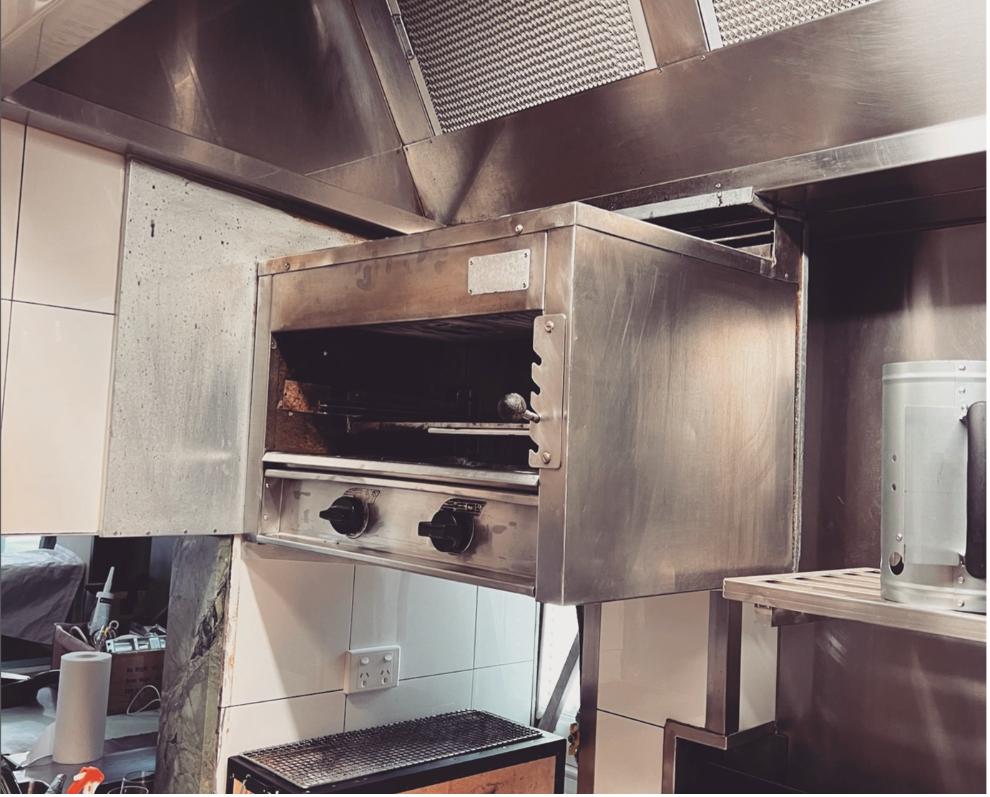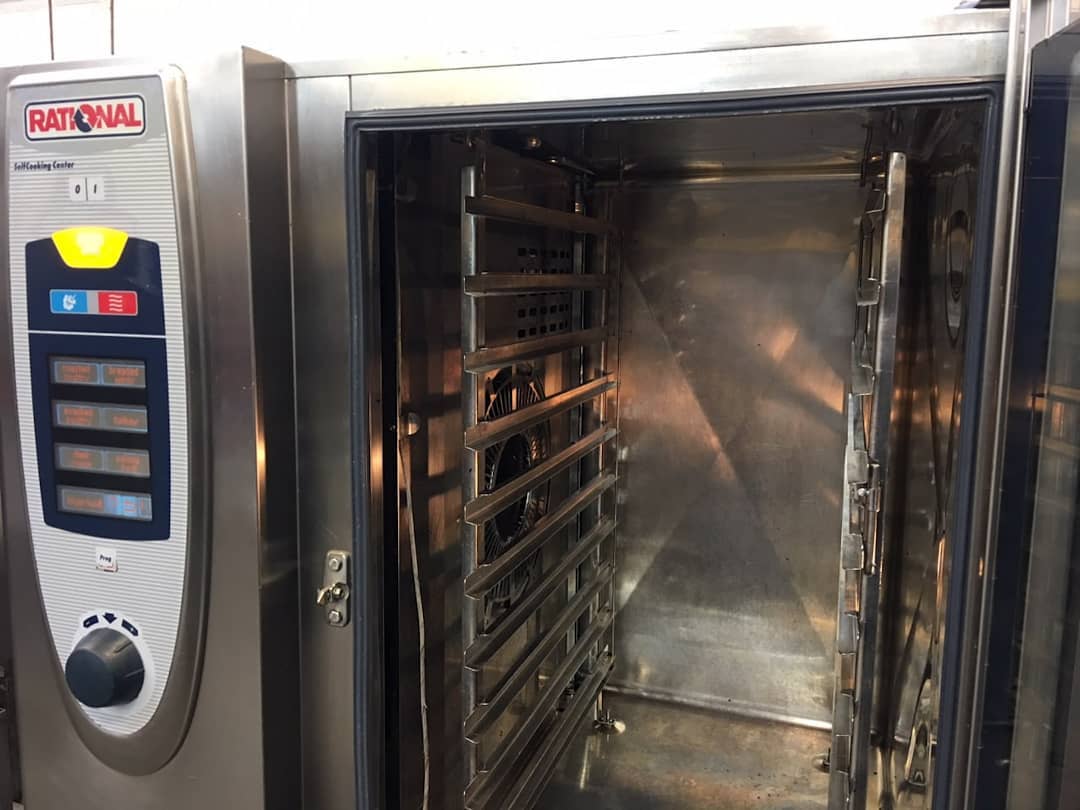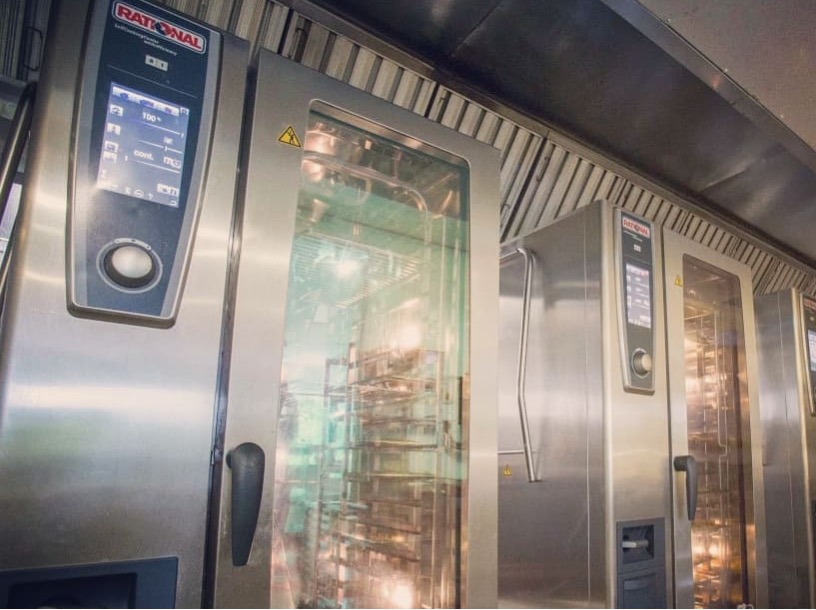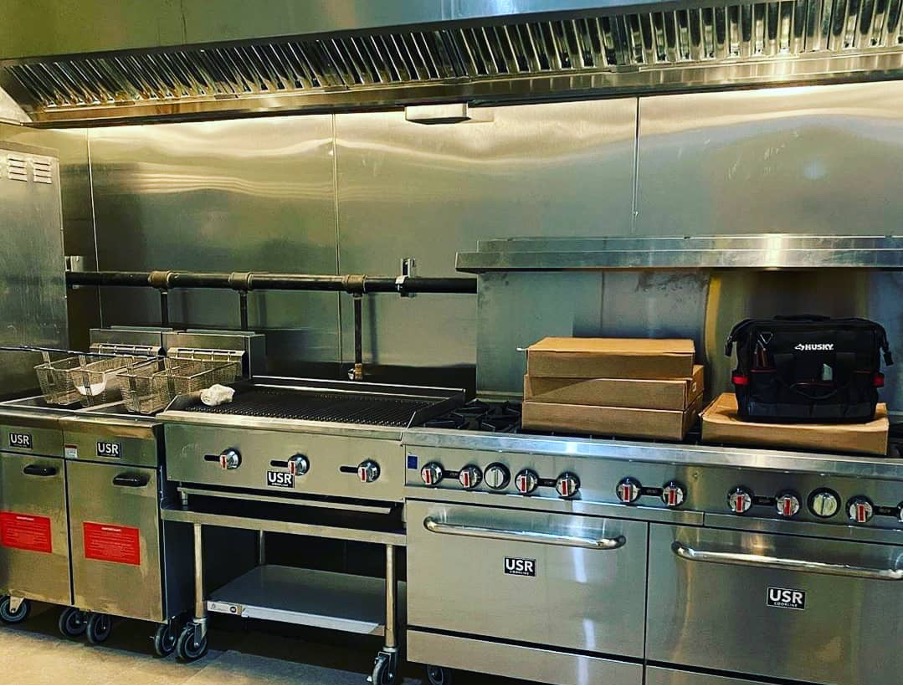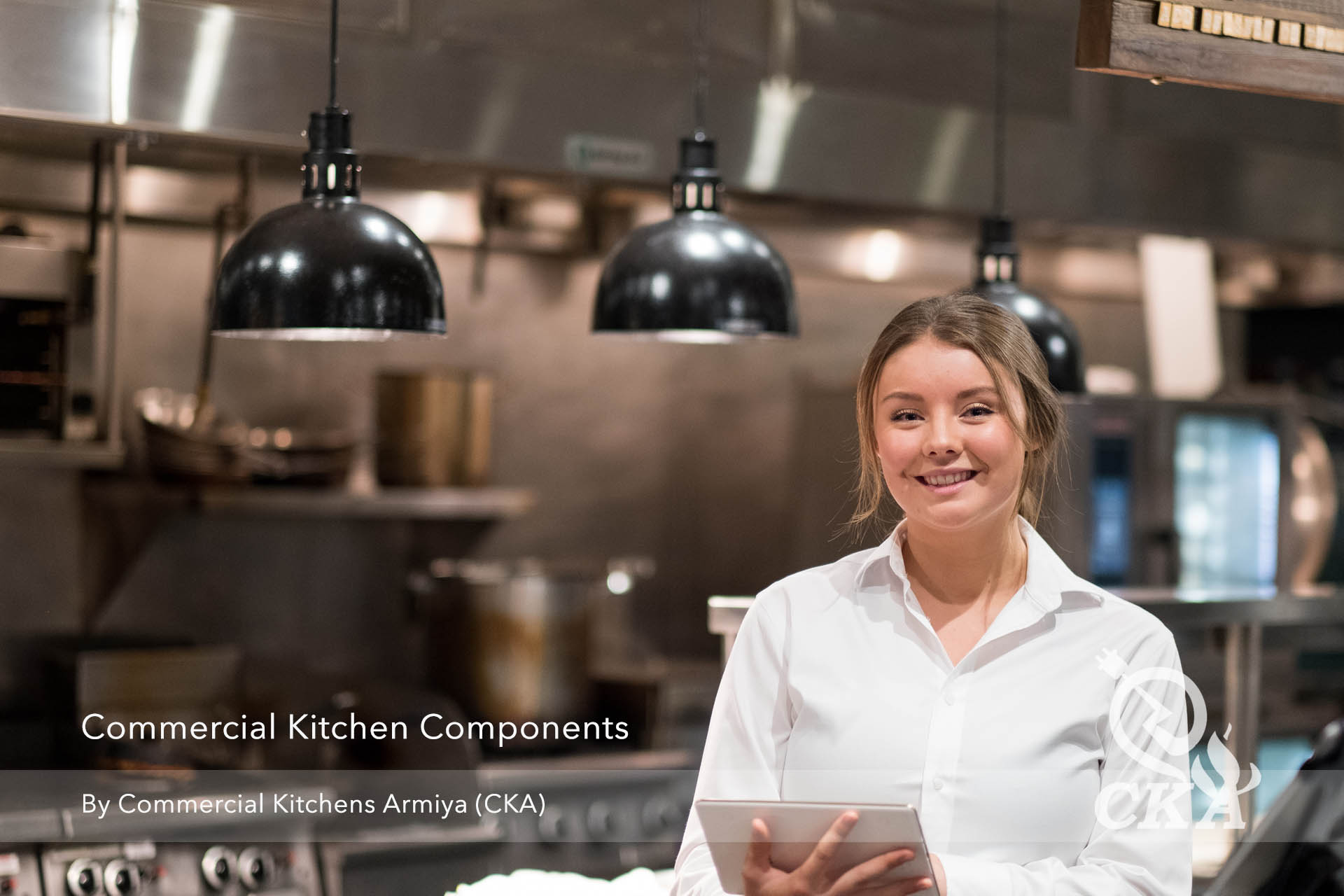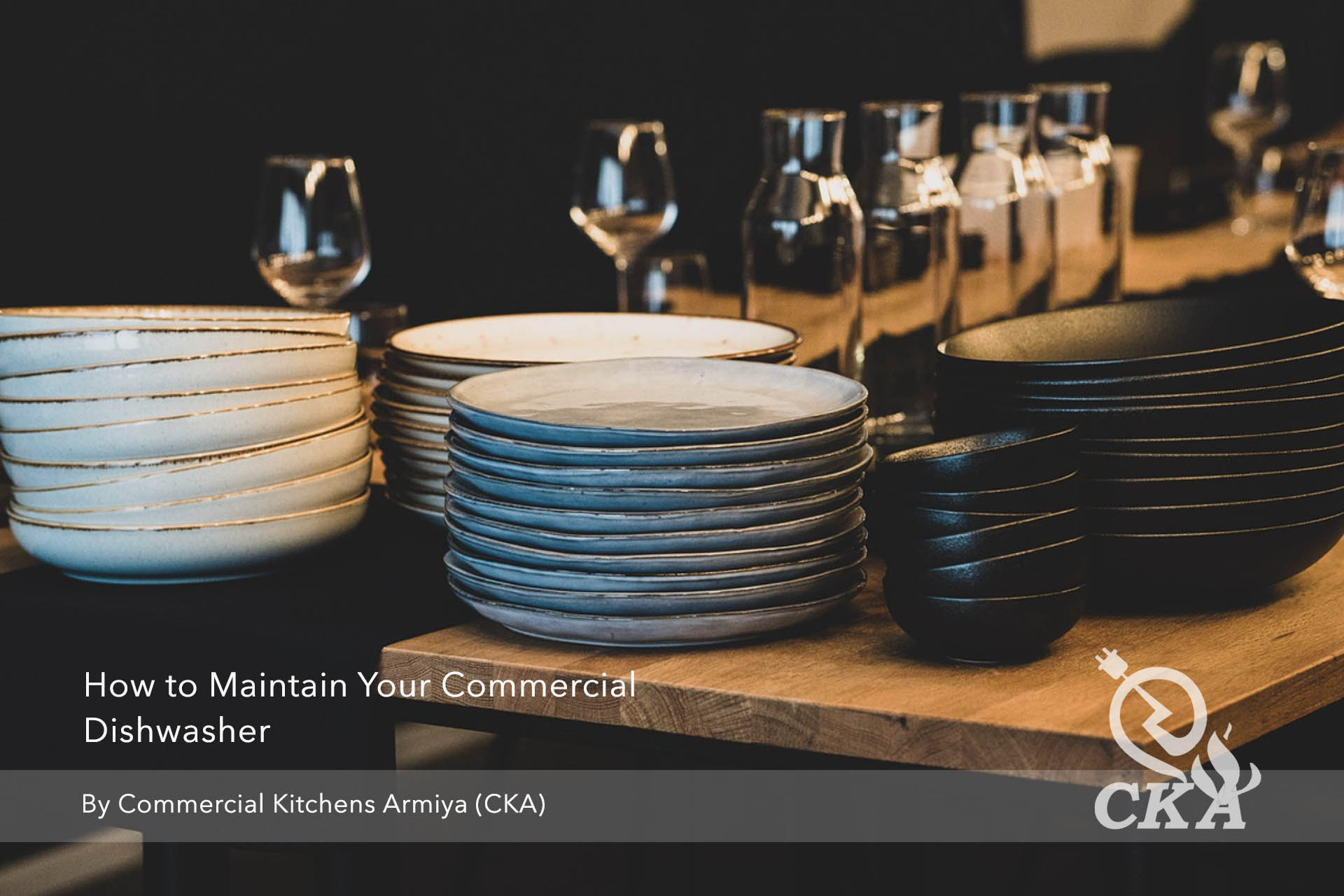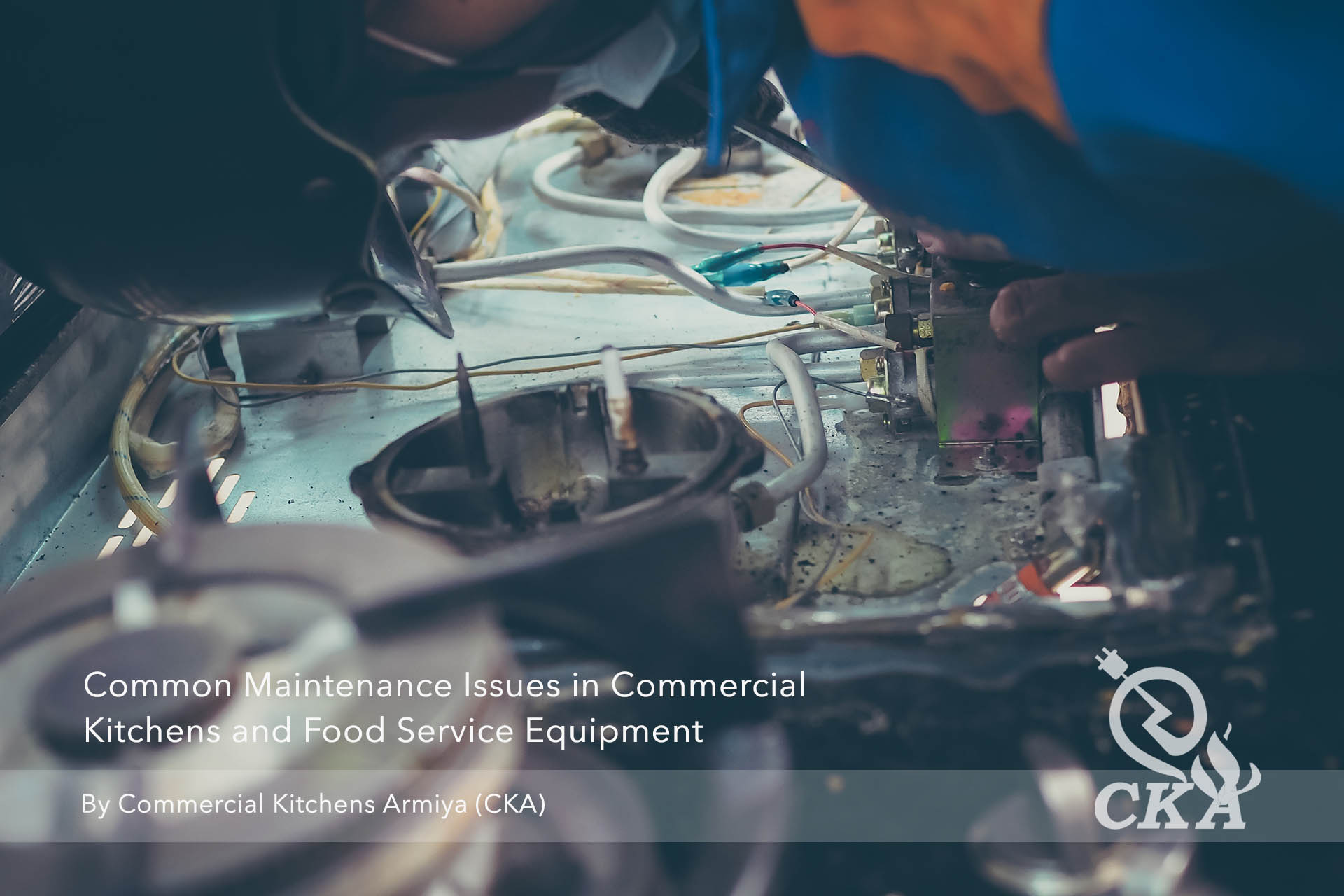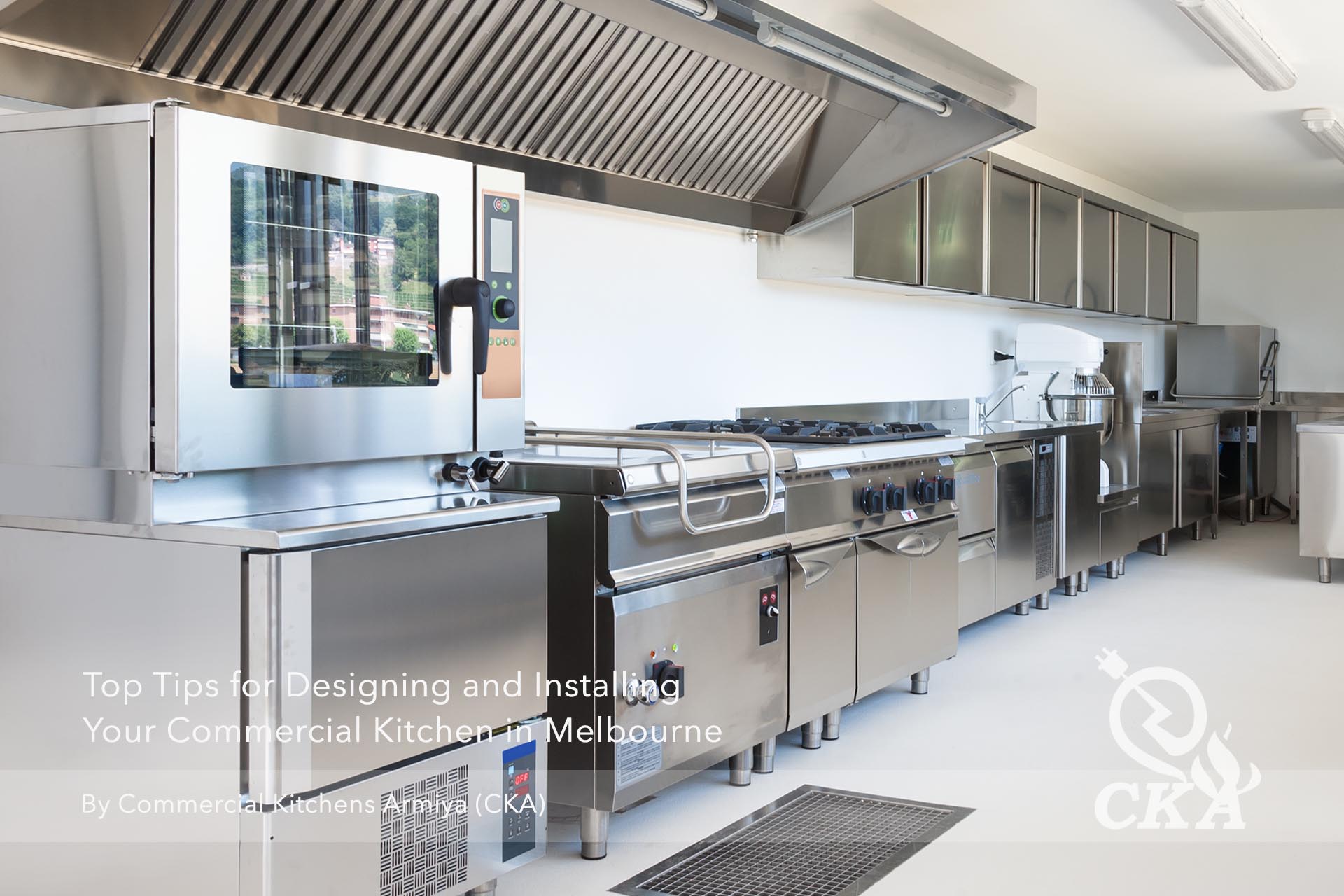
Commercial kitchens are the most critical parts of a restaurant or any foodservice facility. In this post, we will tell you how to design and set up a commercial kitchen in Melbourne and how much it costs.
How do you set up a commercial kitchen?
How you set up your commercial kitchen not only has a significant effect on the functionality but determines the success of your foodservice. Here we provide a step-by-step guide for setting up your commercial kitchen and equipment.
Step 1: Choose the Menu
The menu you want to serve determines everything in your restaurant. Create a menu that sets you apart from your competition. Get the idea of your head chef about the menu. Their prior experience will help you a lot during the process. Keep the menu short and special. People like to be able to select their food in two minutes or less. Also, check the pricing when developing your menu. First-grade ingredients and high-quality equipment will make you stand a head and shoulder higher than the competition in your area.
Step 2: Plan the Kitchen Layout
Now you have the menu in your hands it’s time to plan how the space in your commercial kitchen will be organised. There are three common design strategies for commercial kitchens: Zone, Assembly Line and Island. The design you choose depends mainly on your menu and your preference for cooking.
Step 3: Buy and install the Essential Equipment
The right equipment plays a crucial role in the success of your foodservice business. There are a few categories of equipment that every commercial kitchen need:
Storage
You’ll need both dry and cold storage. Cold storages used in commercial kitchens include refrigerators and freezers that come in a variety of types such as walk-in, reach-in and under-counter. Most commercial kitchens have more than one type.
You should buy a large walk-in refrigerator for storing bulk material. In addition, you’ll need smaller, more accessible storage for everyday use. If you are in short of storage a work-top refrigerator will serve both functions for you.
You also want dry storage such as cabinets and shelving. Again, go for the worktop version if you have limited space.
Cooking
Cooking equipment is at the heart of your commercial kitchen. It dictates the quality of food you provide and how it tastes. Always get the cooking equipment from known brands and keep them in an area that is easily accessible to everyone in the kitchen.
The cooking equipment you need depends on the menu you serve. Unless you serve Sushee you will require to purchase and install a gas range and oven. You can save by purchasing a commercial oven with cooktops set into the top, like a gas range with built-in ovens below. Many of these cooking machines come with storage shelves above the cooktop.
Depending on the type and size of the food you may need to purchase or lease special cooking equipment. This consists of bread ovens, pizza deck ovens, toasters, sandwich grills, etc.
You also need to consider warming equipment to keep food warm before you send it out for the customer.
Step 4: Set up Sanitization
Install a commercial dishwasher that is large enough to handle the workload of your restaurant. When choosing a commercial dishwasher consider how many dishes you need to wash in high-traffic hours of dinner. If you serve food in disposable containers, you may not need a large dishwasher. Commercial dishwashers available are available in rack, conveyor, and under-counter types.
You also need to purchase a commercial sink. Most regulations require that you choose a sink with at least 3 compartments. Select one that has shelves for drying.
What are the rules of a commercial kitchen?
Standard 3.2.2 sets out requirements for Food Premises and Equipment in Australia. The objective of this standard is to reduce the risk of contamination. Food businesses should make sure that their food premises, equipment, vehicles, etc. are designed to be easily cleanable and where necessary sanitised.
Division 2 of the standard states that the design and construction of the food promised should meet some requirements such a being appropriate for the activities which they are used, providing enough space for food preparation as well as space needed for the fixtures, fittings and other related equipment.
Food promised must have adequate potable water for cleaning and sanitation. The standard also emphasises the necessity of sewage and garbage disposal in the commercial kitchen without contaminating food or water storage. Any business dealing with food must have enough ventilation to effectively remove fumes, smoke, steam and vapours. Commercial kitchens shall also have enough lighting to make sure that food is cooked and prepared in a proper way.
For a complete list of requirements for the commercial kitchen please see “Standard 3.2.3 Food Premises and Equipment
Does a commercial kitchen need a floor drain?
Yes, you should provide a floor drain throughout the kitchen. As standard codes for the food preparation industry mandate that walls and flooring should not absorb dirt and grease and can be cleaned and sanitized easily. Most of the time commercial kitchens use potable water for washing and that water should go somewhere. That explains why you should provide floor draining everywhere in the kitchen.
Besides, some machines used in commercial kitchens such as industrial dishwashers need to discharge the wastewater to drains in the flooring. The temperature of wastewater from equipment in commercial kitchens can reach 180°F or more.
How much does it cost to set up a commercial kitchen?
If you are going to open a new restaurant you may want to know how much it will cost. Your actual cost depends on factors such as physical space, the legal requirement in your area and the type of food you provide.
You need to invest $25,000-$35,000 for kitchen construction. You may have to invest in electrical, gas and plumping, depending on whether has previously been used as a kitchen or not. You also need to purchase professional kitchen equipment. The minimum amount you should spend on the type of food you’re going to serve but typically this cost would be up to $80,000. You can save some money by purchasing second-hand appliances. It’s recommended to invest in the appliances that are marked as a low-energy rating, an investment that pays off soon.
You also need to apply for the license of the commercial kitchen you designed and renew the license annually. You also need permits for food preparation from the local health department. Usually, a health inspector visits your kitchen during the early stage of design to make sure that it meets legal requirements such as suitable dishwashing and refrigeration equipment. You’ll also need to buy adequate insurance coverage. Again, the cost varies from business to business but the average price is about $12000.
The inventory includes meat, vegetable, beer and everything you have on your menu. It’s a good idea to invest some money to always supply the ingredients in your menu in your inventory.
The labour cost is the highest cost of owning a restaurant. You should allocate some money to pay line cooks, chefs and other staff wages. As the restaurant owners claim these costs take 20%-30% of the gross revenue. Besides, you need to allocate some additional cash for operating costs such as the cost of gas, electricity and water.
Setting up a new commercial kitchen is not an easy task. You should do a lot of research on how to choose the space, remodel the kitchen and how much you need as the initial investment. Our research shows that you need at least $150,000 to establish a middle-sized commercial kitchen in Australia, Melbourne.

